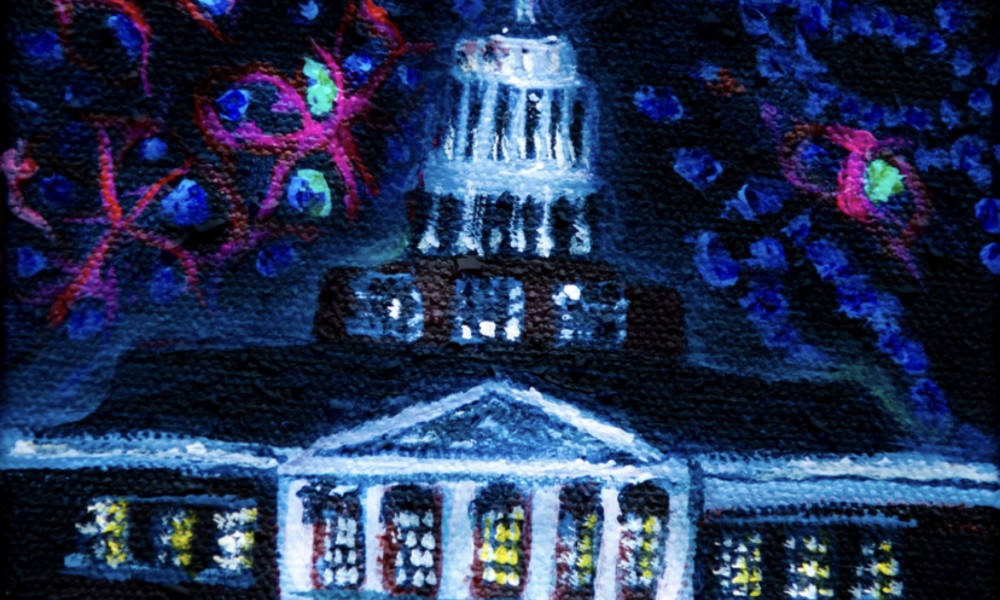
Finding art in the tools of science
This year’s Art of Science competition, which explores “the aesthetic beauty that results when science, art, and technology intersect,” drew more than 50 entries and more than 700 votes cast for People’s Choice.
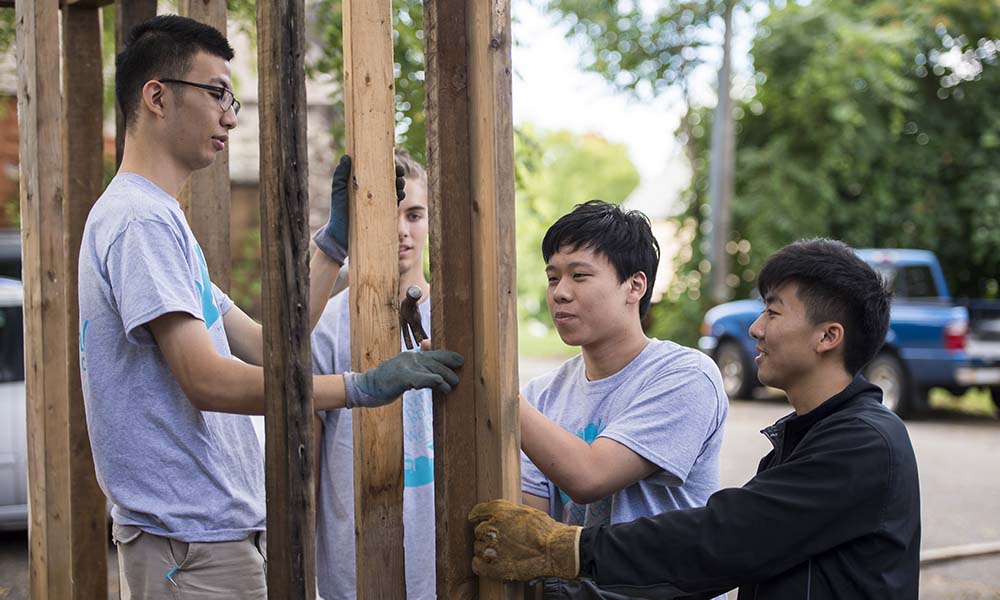
Gandhi Institute focuses on youth initiatives to curb violence
The University affiliate, offering programs, workshops, and outreach to teach de-escalation practices, enters its fourth decade.
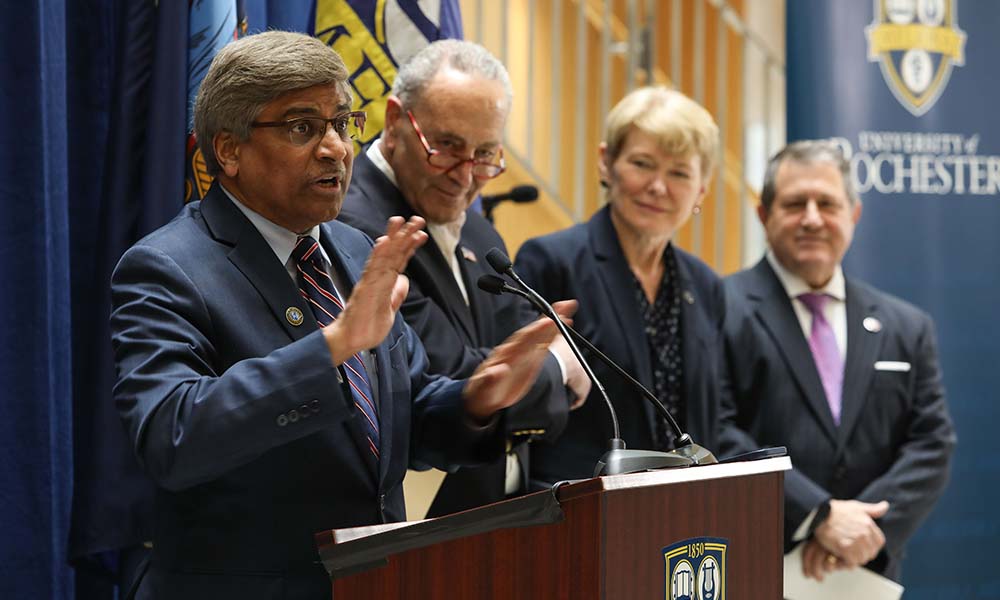
Rochester ‘a crucible of innovation’ says NSF director during campus visit
National Science Foundation director Sethuraman Panchanathan, accompanied by Sen. Charles Schumer and Rep. Joseph Morelle, tours University facilities including the Laboratory for Laser Energetics.
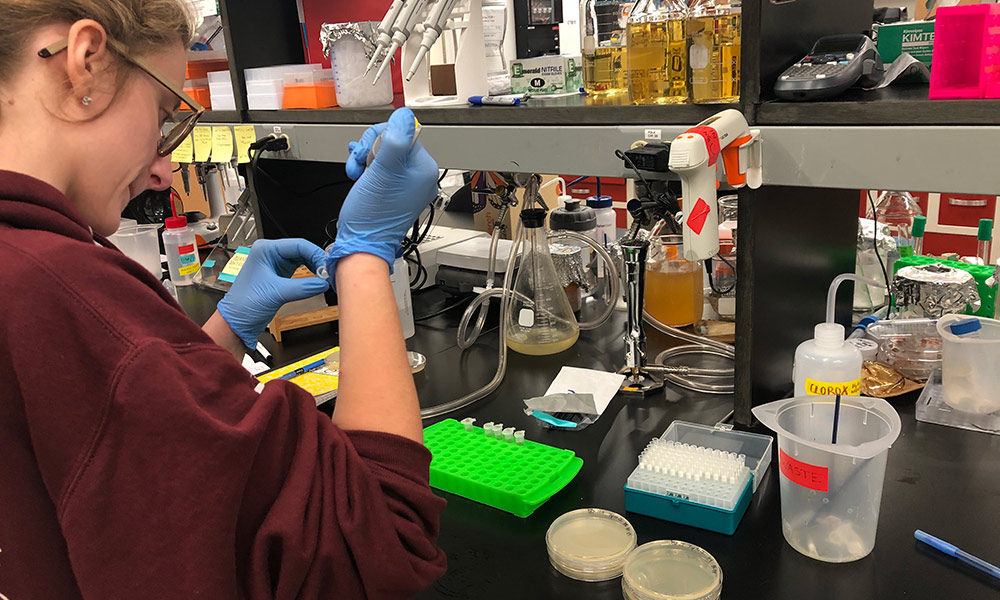
Rochester’s Grand Challenges Scholars frame their research in a broad context
Now in its fifth year, the program adds entrepreneurship, global experience, interdisciplinary study, and service to students “solution-oriented” tool kit.
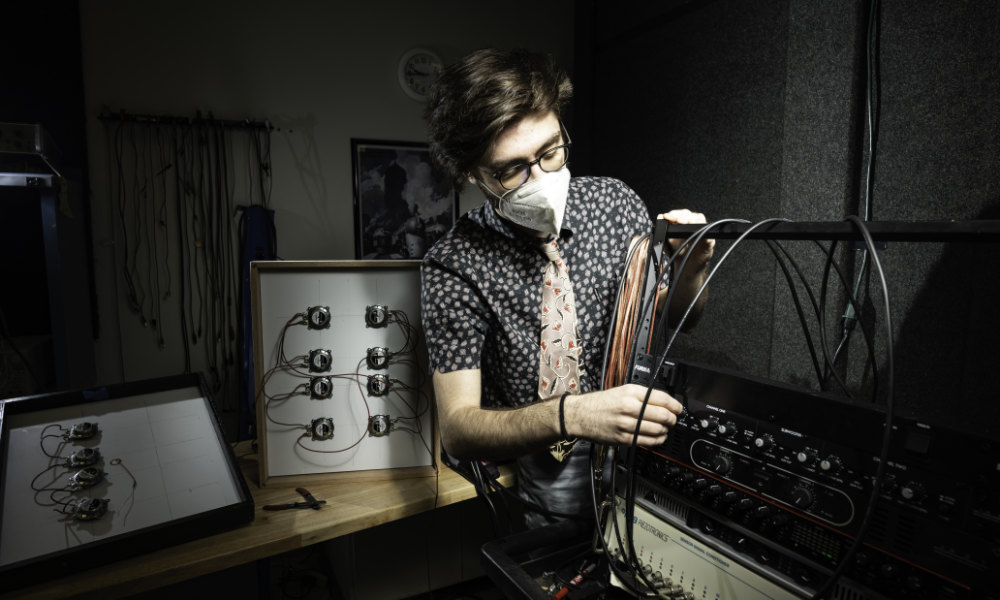
Smart acoustic devices: coming soon to a screen near you?
A Rochester team that includes Ben Kevelson ’22 is using flat panel technology to build a more cost-effective smart device that can also function as a touch interface.
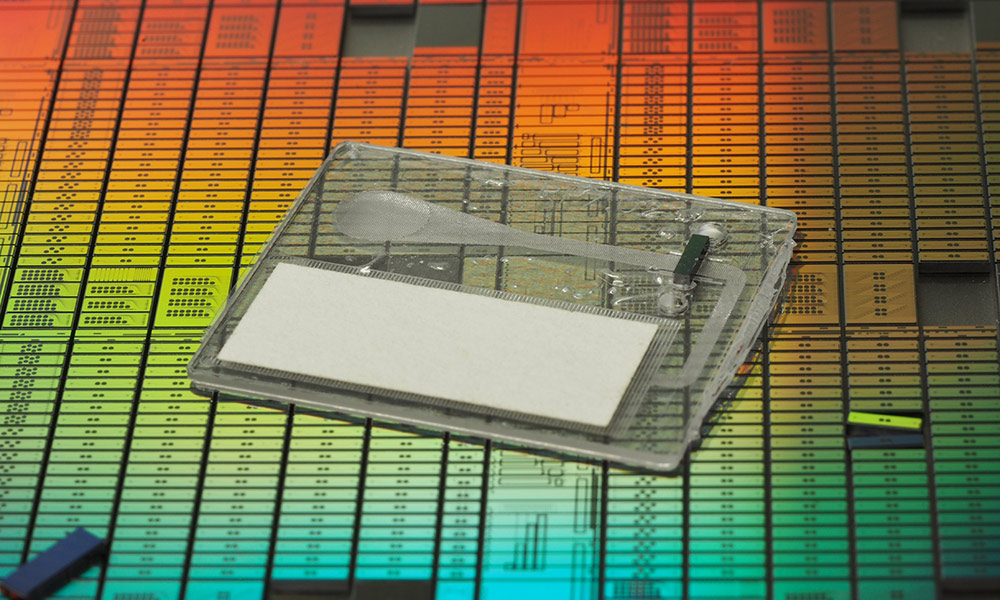
Rochester leads development of novel integrated photonic COVID-19 sensor
The inexpensive, portable device could help safeguard against future pandemics and detect viruses and infections in underserved populations.
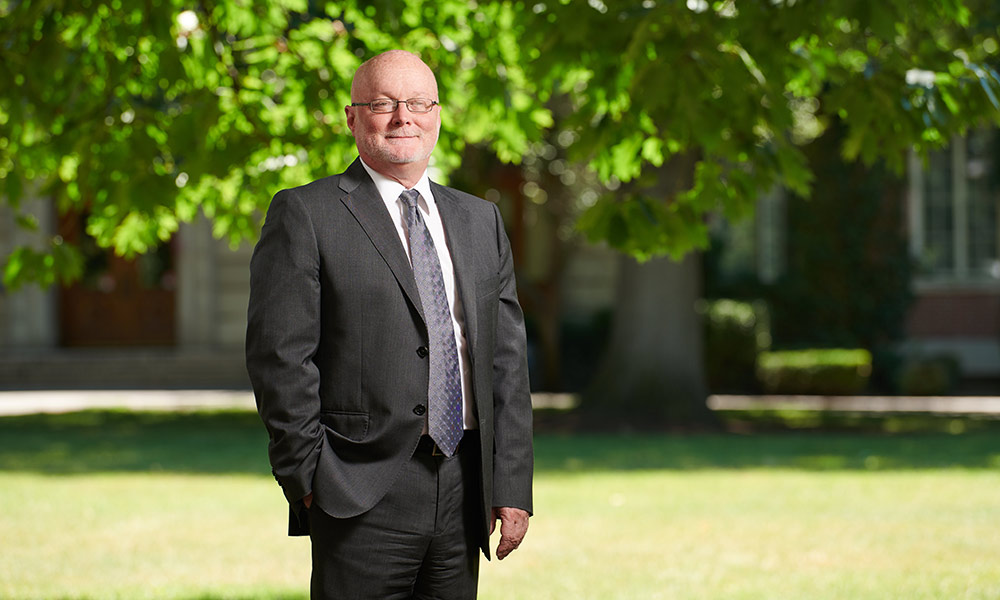
Donald Hall named provost at Binghamton University
Donald Hall, dean of the faculty of Arts, Sciences & Engineering, has announced that he will be joining the leadership at Binghamton University, effective July 1 of this year.
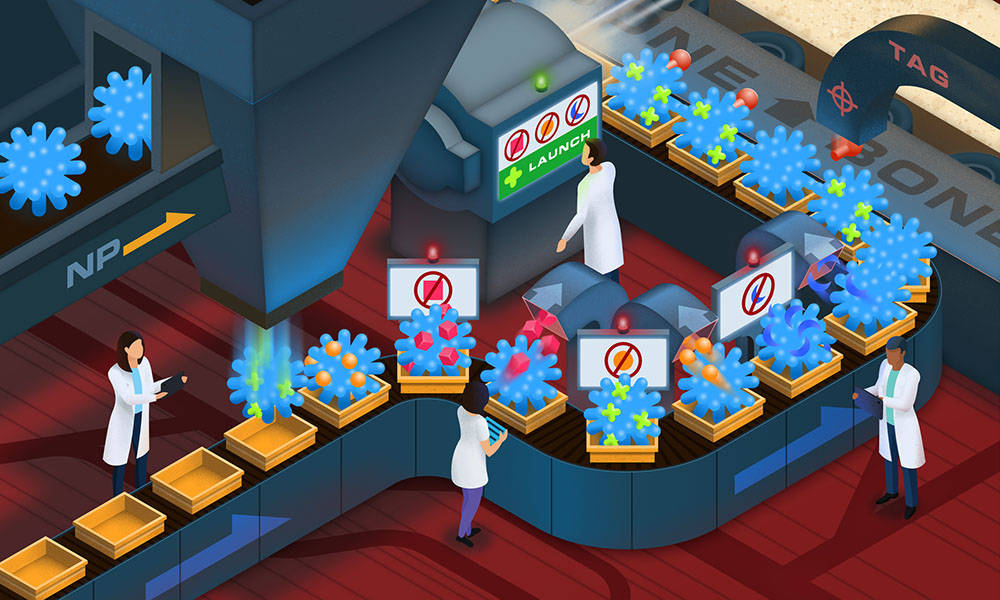
Rochester researchers seek ‘direct hit’ on leukemic stem cells
An internal funding program, plus the close proximity of the University’s engineering and medical facilities, promotes progress in a potential treatment for acute myeloid leukemia.
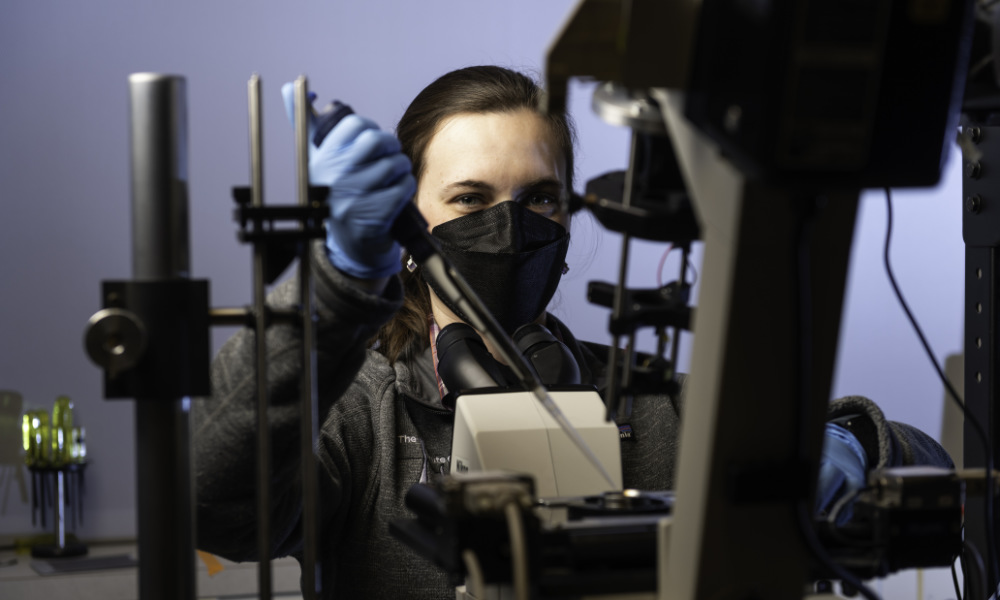
Institute of Optics expands graduate recruitment amid soaring national demand
Two new awards will help the University of Rochester address a pressing need for highly trained PhD graduates and prepare a more diverse pipeline of optics professionals.
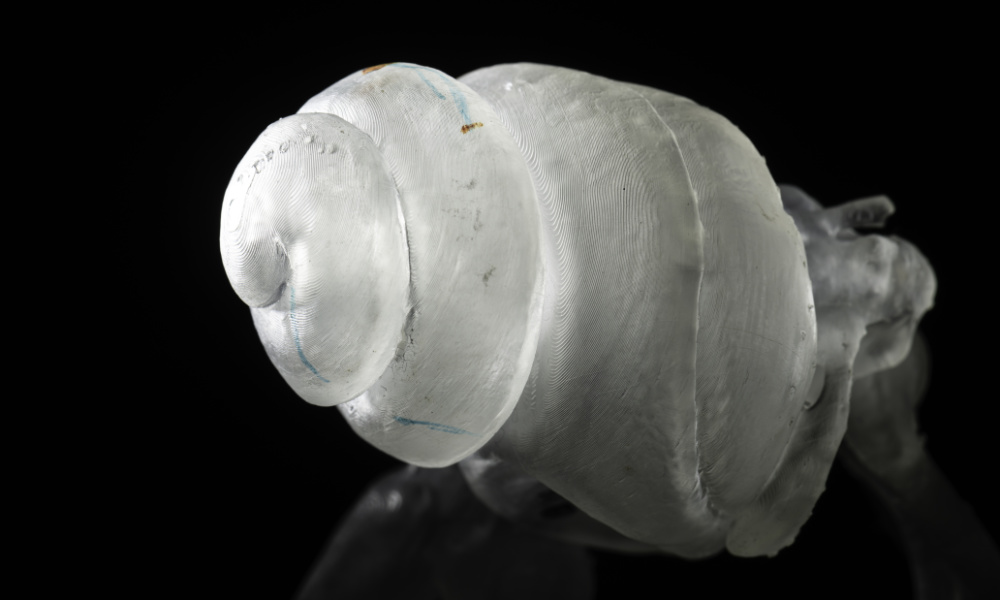
Will hearing aids ever be as effective as corrective eyewear?
Despite recent advances in hearing aid technology, users frequently complain that the devices tend to amplify all the sounds around them. Rochester researcher Jong-Noon Nam believes a key part of the answer to this problem lies inside the cochlea of the inner ear.
